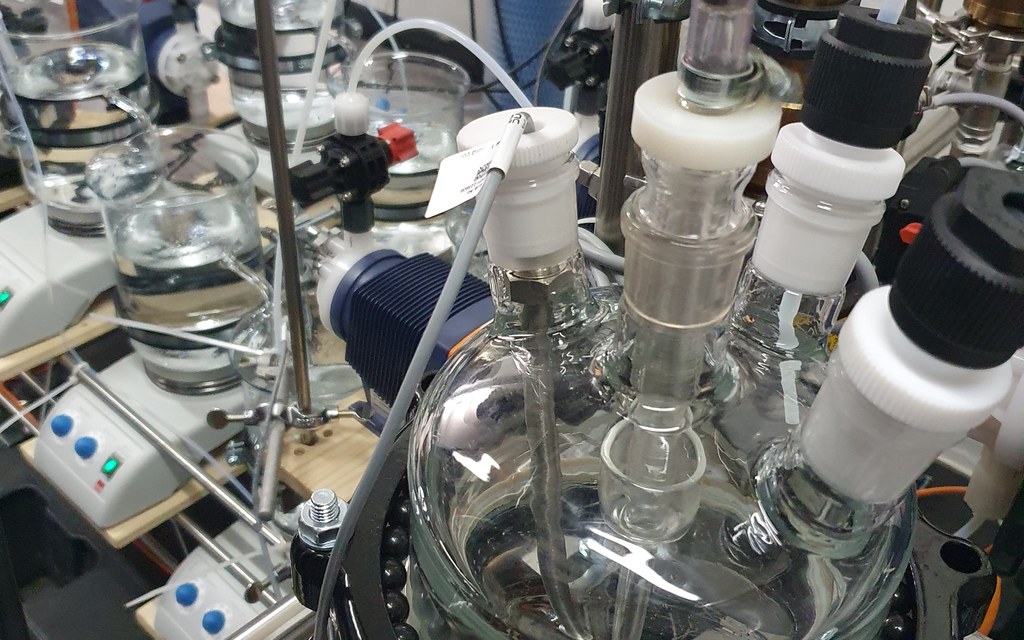
Symposium Digital Methods in Life Sciences: Digitalisation in urban water systems
Switzerland Innovation Park Basel Area, Allschwil
Development and analysis of mathematical models are crucial tools to understand and optimize the dynamic processes in the water cycle.
Mathematical models and sensors for the optimization of water systems – benefits and challenges
Prof. Dr. Michael Thomann, Head water and environmental technology group, FHNW School of Life Sciences
The availability of sufficient and excel-lent quality drinking water is an essential prerequisite for safe and sustainable development, both for municipal infrastructures and for industrial sites.
Prof. Dr. Michael Thomann‘s research group develops advanced processes for drinking water and wastewater treatment using biological, chemical and physical methods. In addition to process engineering tests in the laboratory, on pilot and large-scale plants, mathematical models for describing the processes are essential tools for planning and optimizing efficient systems. In addition, high-resolution measurement data from various sensors in water networks can be the key factor in understanding the dynamics of these systems. The presentation will show examples of such developments and high-light the challenges for current and future research.
Water and soil resources use and protection – Decision support and modelling of river basin systems
Prof. Dr. Christoph Hugi, Head sustainable resources management group, FHNW School of Life Sciences
Natural water cycles are closely coupled with terrestrial ecosystems and the atmosphere, which are often heavily influenced by human activities. Hence, the sustainable management of water resources requires planning and actions of stakeholders from multiple sectors and disciplines. River basin-level modelling approaches can be used in combination with engineering and economic assessments to project the impact of different development strategies on natural resources.
River basin-level process models such as SWAT (Soil and Water Assessment Tool) can help to quantify, visualize, and understand the dynamics of the system explicit in time and space and estimate the effects of potential measures. Multi-Criteria Analysis and Cost-Benefit Analysis additionally provide easy to understand decision support.
Datum und Zeit
11.6.2024, 18:00–20:00 Uhr iCal
Ort
Switzerland Innovation Park Basel Area, Hegenheimermattweg 167A, 4123 Allschwil
Veranstaltet durch
Hochschule für Life Sciences
Institut für Ecopreneurship
Switzerland Innovation Park Basel Area
The event is followed by an apéro.
